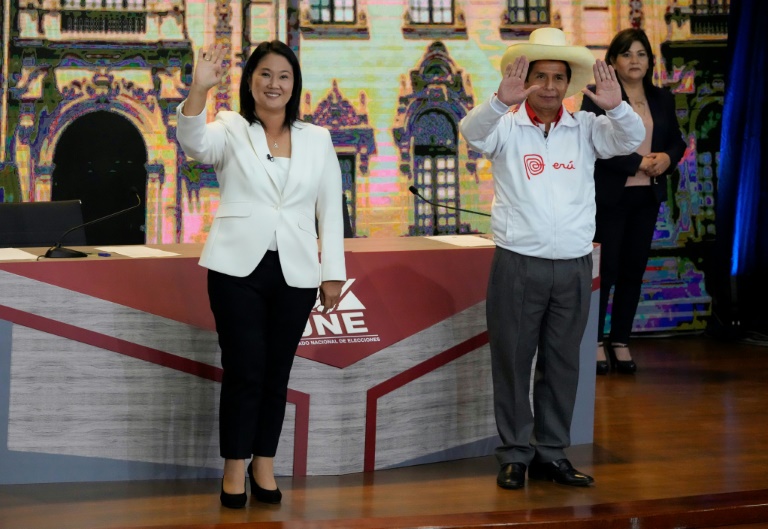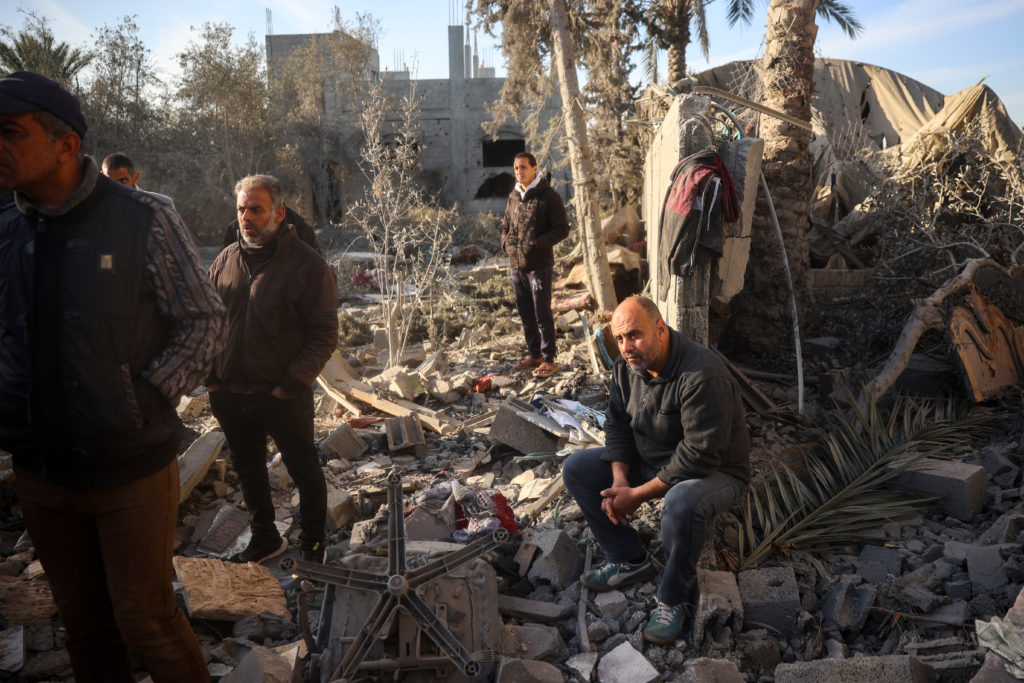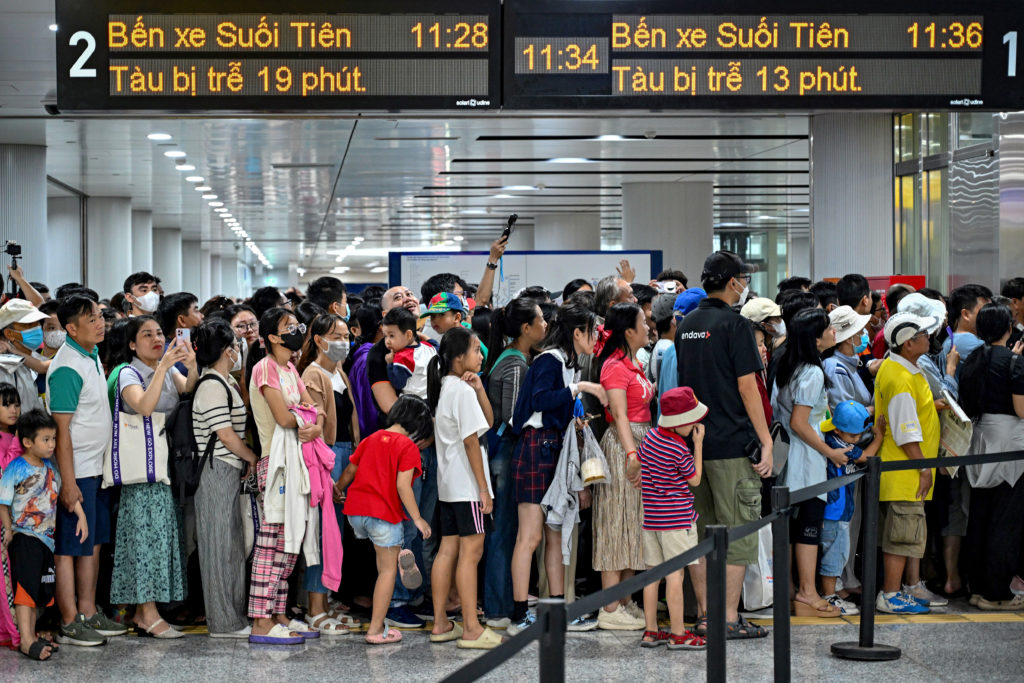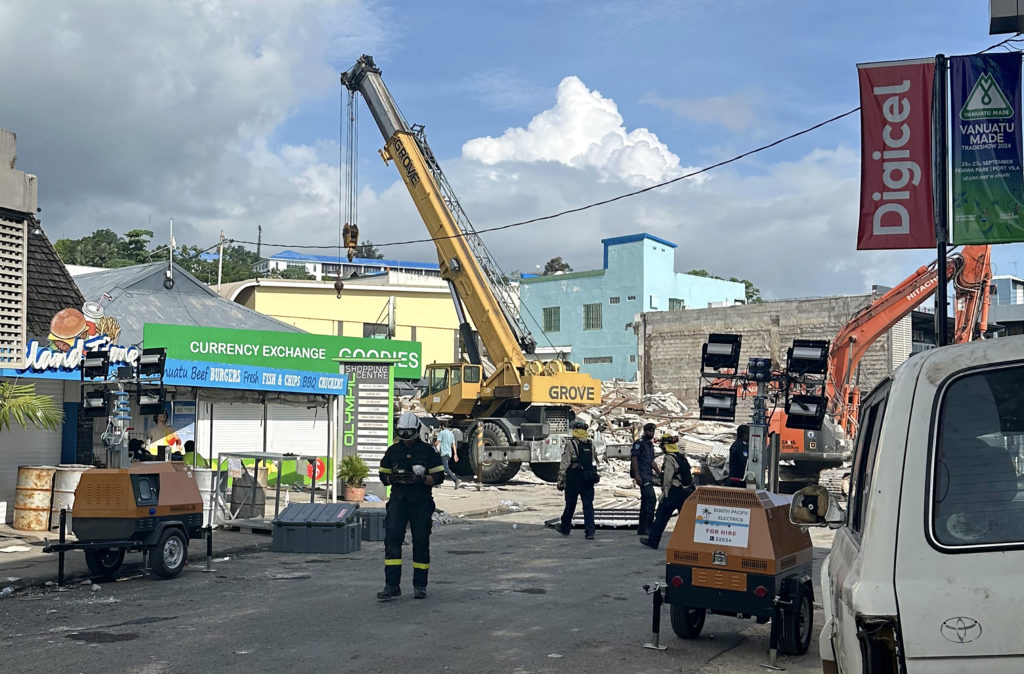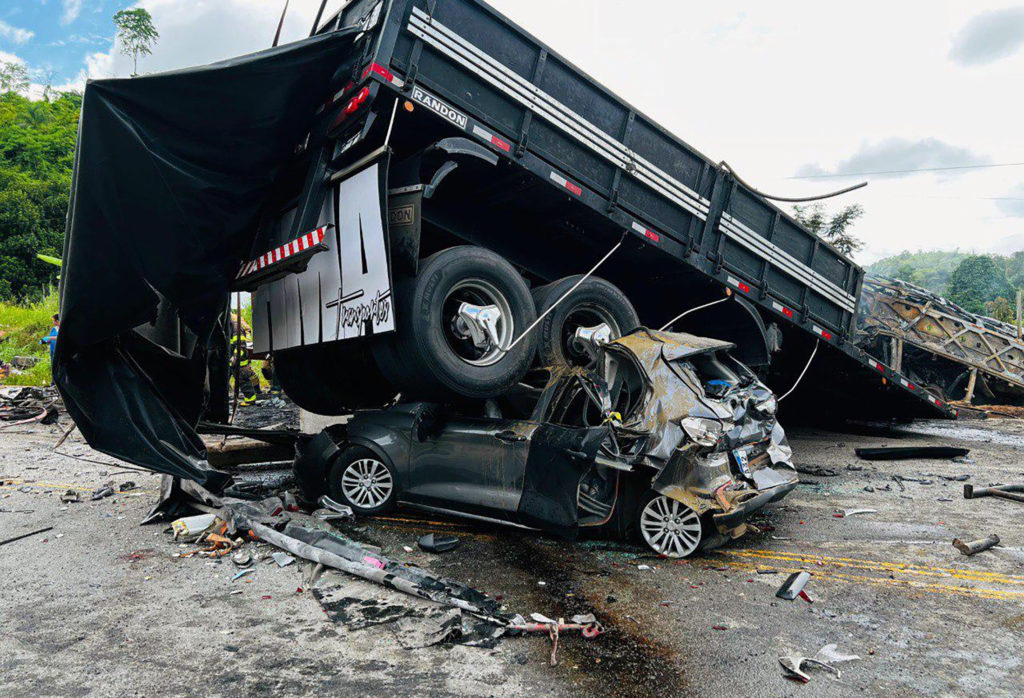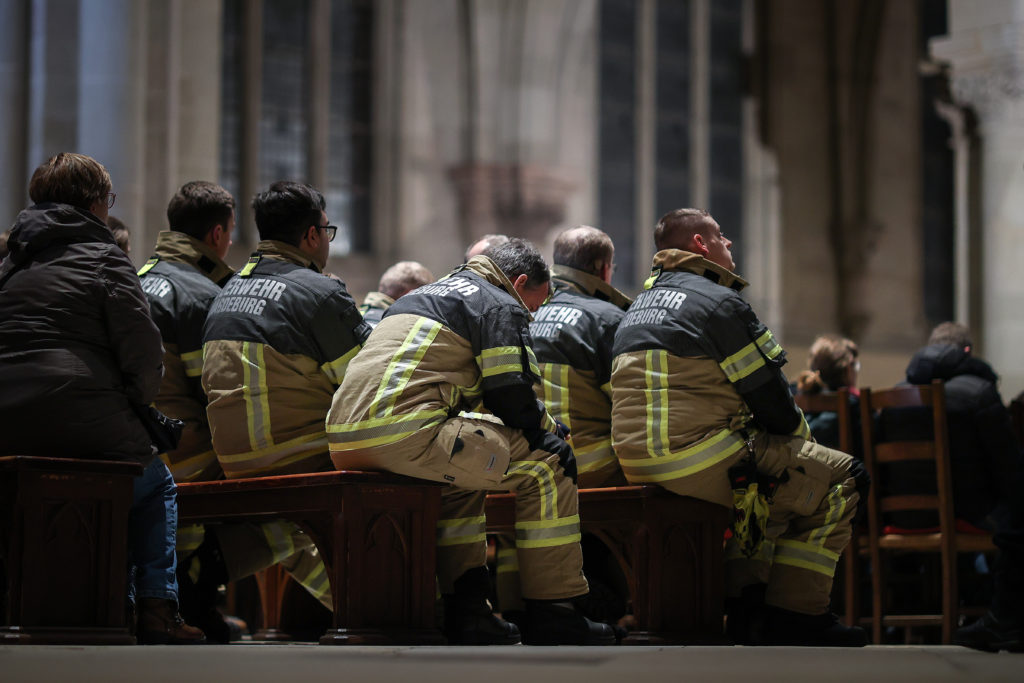Peruvians will be faced with choosing the “lesser evil” between rightwing populist Keiko Fujimori and radical leftwing unionist Pedro Castillo when voting for their new president on Sunday.
Scandal-tainted Fujimori, 46, has reached the second-round runoff for the third election in a row, and is running level with schoolteacher Castillo in the most recent opinion polls.
However, 18 percent of voters remain undecided between the two polar opposite candidates.
“For the majority of the population it’s more about the election of the lesser evil,” Peruvian political scientist Jessica Smith told AFP, adding that the vote pits “anti-Fujimorism” against “anti-communism.”
It’s a choice between Fujimori’s neoliberalism and Castillo’s socialism; between the status quo and change.
Fujimori draws her support from the capital Lima while Castillo is a bulwark of the rural deep interior.
Battle lines were drawn between the two camps last Sunday, with Fujimori accusing Castillo of stoking violence in the electoral campaign, and the leftist firing back that corruption “is synonymous with Fujimorism” in Peru.
Castillo’s opponents have tried to link him to the political arm of the Maoist Shining Path rebels defeated by Fujimori’s father Alberto when he was president from 1990-2000, but the unionist says he was actually part of the “peasant patrols” that resisted the communist guerrillas.
The campaign was rocked last month by the massacre of 16 people in Peru’s coca leaf heartland by alleged remnants of the Shining Path.
“We don’t want the country to be in the hands of a communist,” businesswoman Cecilia Yep, 52, told AFP.
Fujimori, 46, says a victory for Castillo would send Peru down the same route as North Korea or Venezuela.
Castillo, 51, denies he’s a communist, but his policy platform looks radical to some.
– Tax on over-profits –
He has vowed to nationalize the mining, hydrocarbon and telecommunications industries and impose tax and royalty reforms he describes as “very necessary” to address wealth inequality.
Peru is a major producer of copper, gold, silver, lead and zinc, and mining accounts for 10 percent of the country’s GDP, as well as a fifth of the corporate taxes.
With copper prices hitting record highs of over $10,000 a ton last month, Castillo wants more of those profits to benefit the state rather than private enterprises.
He’s proposing “a new tax on over-profits, the elimination of tax exemptions and royalties based on sales.”
However, Castillo insists he is not looking to eliminate private enterprise or foreign investments.
“The State will strengthen its regulatory role within a mixed economy approach,” said Castillo, adding that “monopolies and oligarchies will be more actively regulated.”
Fujimori, on the other hand, has reiterated her “firm belief in private activity as the engine of the Peruvian economy and a great generator of jobs.”
She has promised a raft of tax cuts to help reactivate an economy badly hit by the coronavirus pandemic and has pledged to create three million jobs and raise the minimum wage and lowest pensions.
But given her plans would, like Castillo’s, require an increase in public spending, many economists have branded her policies as “populist.”
– ‘Flawed’ constitution –
One of Castillo’s main vows is to replace the constitution approved in 1993 under his opponent’s father, Alberto Fujimori.
The current constitution is “flawed, the fruit of a coup d’etat, and which prioritizes private interests over public interests,” said Castillo.
Fujimori, though, has defended the document and claims that it “saved the country from poverty and the chaos generated by the rentier state model.”
Alberto Fujimori is serving a 25-year sentence for crimes against humanity and corruption.
Keiko Fujimori continues to protest his innocence and has said she would pardon him if elected.
She herself has also been charged with corruption and even spent 16-months in pre-trial detention.
“Keiko is the worst enemy of democracy, because she defends a past of abusive authoritarianism,” anthropologist Bernardo Caceres, 59, told AFP.
There are, however, some social similarities between the two candidates. They’re both anti-abortion, defend traditional family values and have opposed gay rights.
– Worst mortality rate –
Whoever wins the election will face the fallout of the pandemic, which has infected 1.9 million Peruvians and killed 180,000.
A recent recalculation of the dead gave Peru the worst mortality rate in the world.
Two million Peruvians have lost their jobs and three million fell into poverty during the pandemic, leaving a third of the country’s 33 million living in poverty, according to official figures.
More than 25 million people are registered to vote in the contest, which is obligatory.
The first results are expected at 11:00 pm on Sunday (0400 GMT Monday).

